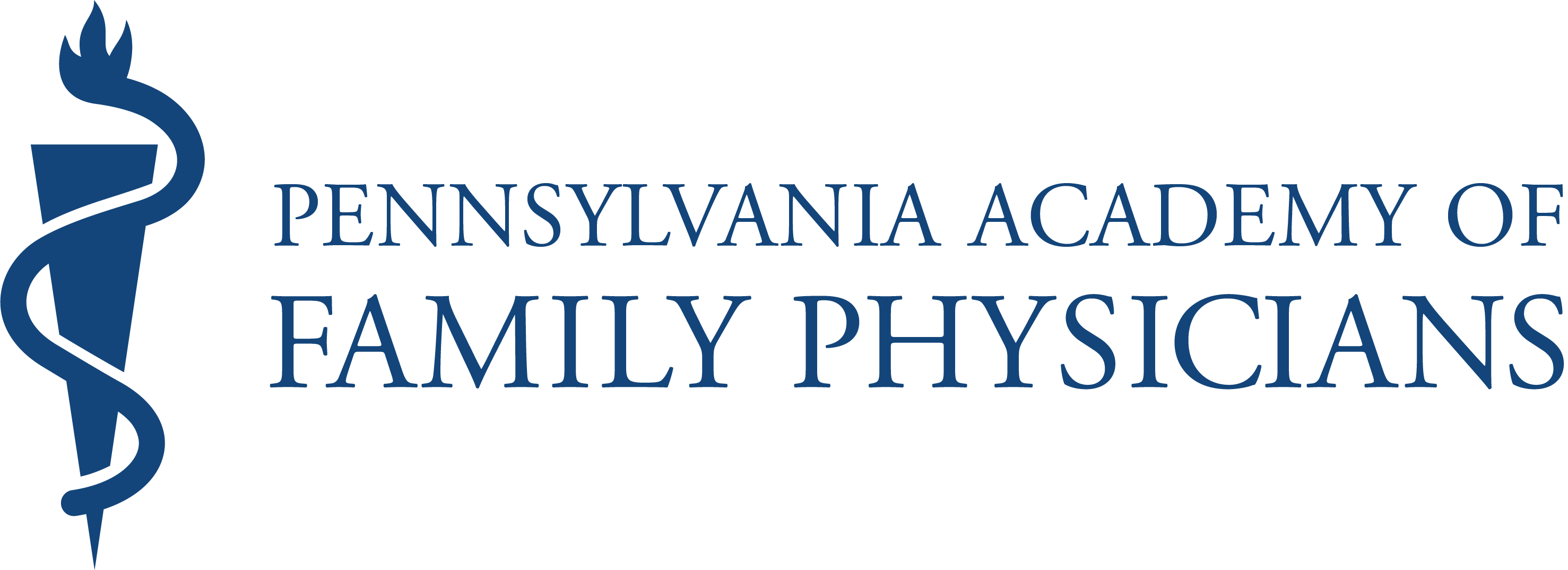Christian Bengtson, MD
posted 09.24.18
Please tell us a little bit about yourself.
I was born and raised in Puerto Rico with a Swedish
father and Guatemalan mother, and my family moved to Florida when my twin
brother and I reached the age of 16. Together, we joined the US Army after high
school and went on to join the 7th Special Forces Group as Green Berets to
conduct deployments in Latin America and Afghanistan. After 7 years of active
duty service, I earned my undergraduate degree at the University of South
Florida, my medical degree at Northwestern University, and am now a second-year
resident at York Hospital Family Medicine Residency. Since starting residency,
I have been actively involved in local and national leadership as a Resident
Delegate in the PAFP and on the Commission of Continuing Professional
Development in the AAFP.
When and how did you decide to practice medicine?
My travel experiences around the world, to include
deployments to Afghanistan, led me to take an untraditional path to medicine.
My initial interest in medicine was sparked on my first combat deployment to
Afghanistan where several soldiers were wounded and I learned first-hand to
manage traumatic wounds. After that, I frequently volunteered to help my team’s
medics in our firebase’s humanitarian clinic. I saw how medicine made a
difference in getting my fellow injured soldiers back home to their families
and it how provided hope for the local Afghans.
How did you come to choose family medicine as a specialty?
As a first-year medical student, I volunteered for a longitudinal
training program at a Federally Qualified Healthcare Center with a family
medicine physician in the center of Humboldt Park in Chicago. This clinic
provided care primarily to a large underserved Hispanic community that included
migrant and undocumented families. I followed these families at this clinic
every other week until I graduated. I was drawn by the scope of a family doctor
who was able to care for a person from the beginning of life to the end of
life. Not only were we caring for families, but we were also caring for the
local community by solving the challenges families with low resources faced in
accessing care. I was captivated by how family physicians could be both
clinicians and active advocates for their communities they serve both at the
state and national level.
What
is your favorite part about practicing family medicine?
My favorite part about family medicine is that I can care for
underserved populations; particularly Latino families in York Pennsylvania. I
get the opportunity to care for individuals from the experience of welcoming a
new family member to being able to participate with families in their
transition to the end of life.
What
is the biggest challenge facing family medicine today?
The biggest challenge I see is balancing the demands
of our patients to provide effective and quality care with the demands of
efficiency and revenue expected by payers and health care institutions. With a
large number of payers, different types of medical plans, and an oscillating
market of costs of medications, it has become more and more challenging for
physicians to focus on fine-tuning medical therapies when they have to spend
significant efforts in finding alternatives due to limitations in coverage.
What
encouragement would you give medical students to choose family medicine?
Family medicine is the melting pot of all the medical
specialties. You get a chance to shape and explore any of your particular
interests in medicine without limit yourself to do any one particular area of
study. You can make an enormous impact on people’s lives and their communities
while developing strong relationships with each of your patients. If you feel
like you are stuck figuring out what you want to do since you have enjoyed all
or most of your rotations in medical school, then family medicine should be a
strong consideration.
